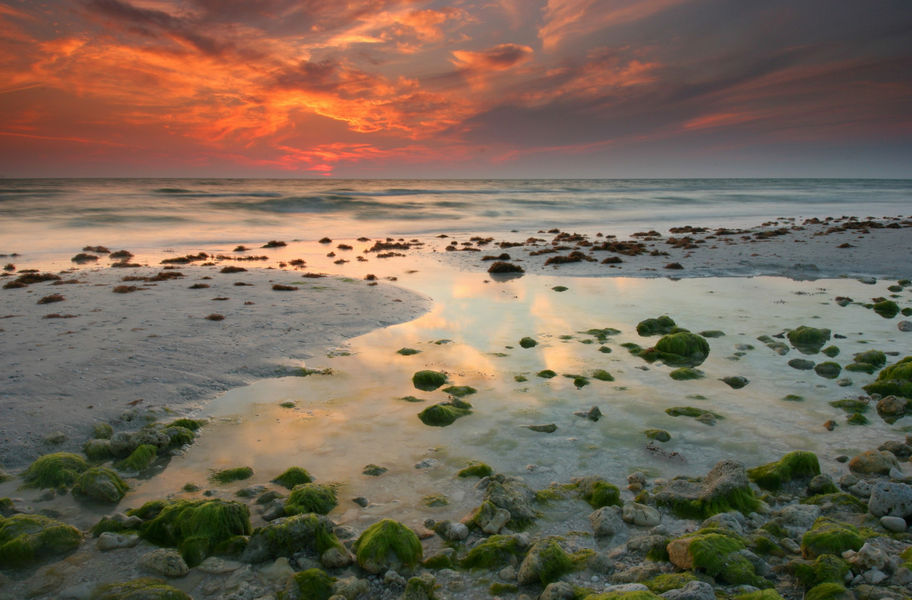News Release | Facebook | Twitter
What is the potable reuse?
Potable reuse refers to highly treated recycled water from various sources people can use for drinking, cooking or bathing. Recycled water, when used for potable reuse, is some of the cleanest water in the world. It is filtered to remove solids, treated to remove impurities and contaminants, and purified to be better than drinking water standards. In fact, astronauts on the International Space Station use recycled water daily.
Is this type of water safe to drink?
Yes. This type of recycled water uses proven technology to make the water safe. The water meets or is a higher quality than strict state and federal drinking water standards.
Why should recycled water be added to Florida’s water supply?
Florida is growing at a record pace, with an estimated 1,000 people moving to the state daily. We also welcome an average of 350,000 visitors to our state each day. Our aquifers, lakes and springs cannot keep up with our need for water. In fact, we need an additional 1 billion gallons of water per day by 2040.
Our supply is not endless, expanding the use of recycled water is one way we can help ensure there is plenty of water to meet the demand. This is part of our state’s plan to be more sustainable, diversify its water sources and protect the environment.
How is this recycled water purified and treated?
First, recycled water, used for potable reuse, goes through multiple advanced pretreatment processes, aeration and nutrient removal. Next, the water receives additional filtration to remove microorganisms, including viruses, bacteria and other pollutants. Although the water is cleaner than most drinking water across the world at this point, Florida requires recycled water go through additional final steps to ensure recycled water is some of the cleanest water on Earth. The last steps include protection through advanced disinfection treatments such as ultraviolet light, ozone and peroxide. These commonly used processes ensure safe drinking water.
Who is responsible for making sure water is safe to drink in Florida?
Highly trained and certified water treatment plant operators are responsible for maintaining safe, functioning water systems in Florida. The Florida Department of Environmental Protection takes its responsibility seriously to ensure that water utilities provide safe, reliable drinking water to Floridians, including those using recycled water.
How does recycled water help our environment?
Reusing water relieves pressure on Florida’s water resources and ecosystems. The more water we recycle, the more water remains in our rivers and springs for the plants and wildlife that rely upon them such as fish, birds and the endangered manatee.
Do other states use recycled water to supplement their drinking water supply?
A variety of recycled water projects have been implemented from coast to coast in the United States, around the globe and even in space. Although potable reuse is used reliably and safely, Florida needs to update its regulations for recycled water to be used in the Sunshine State. The good news is that DEP is already working to get recycled water in Florida communities.
Various utilities in Florida already are planning for recycled water used as potable reuse as a future water source because of our dwindling water supply in lakes, springs and aquifers.
What are the next steps for recycled water in Florida?
The Florida Legislature passed the Clean Waterways Act in 2020 to give DEP the authority it needs to create and update regulations necessary for recycled water. DEP is initiating the public process to update its regulations based on the Florida Potable Reuse Commission’s recommendations.
Regulations will address the technical components of water treatment including things like contaminants of emerging concern, and federal and state drinking water quality standards. DEP’s regulations will ensure all recycled water is safe.


